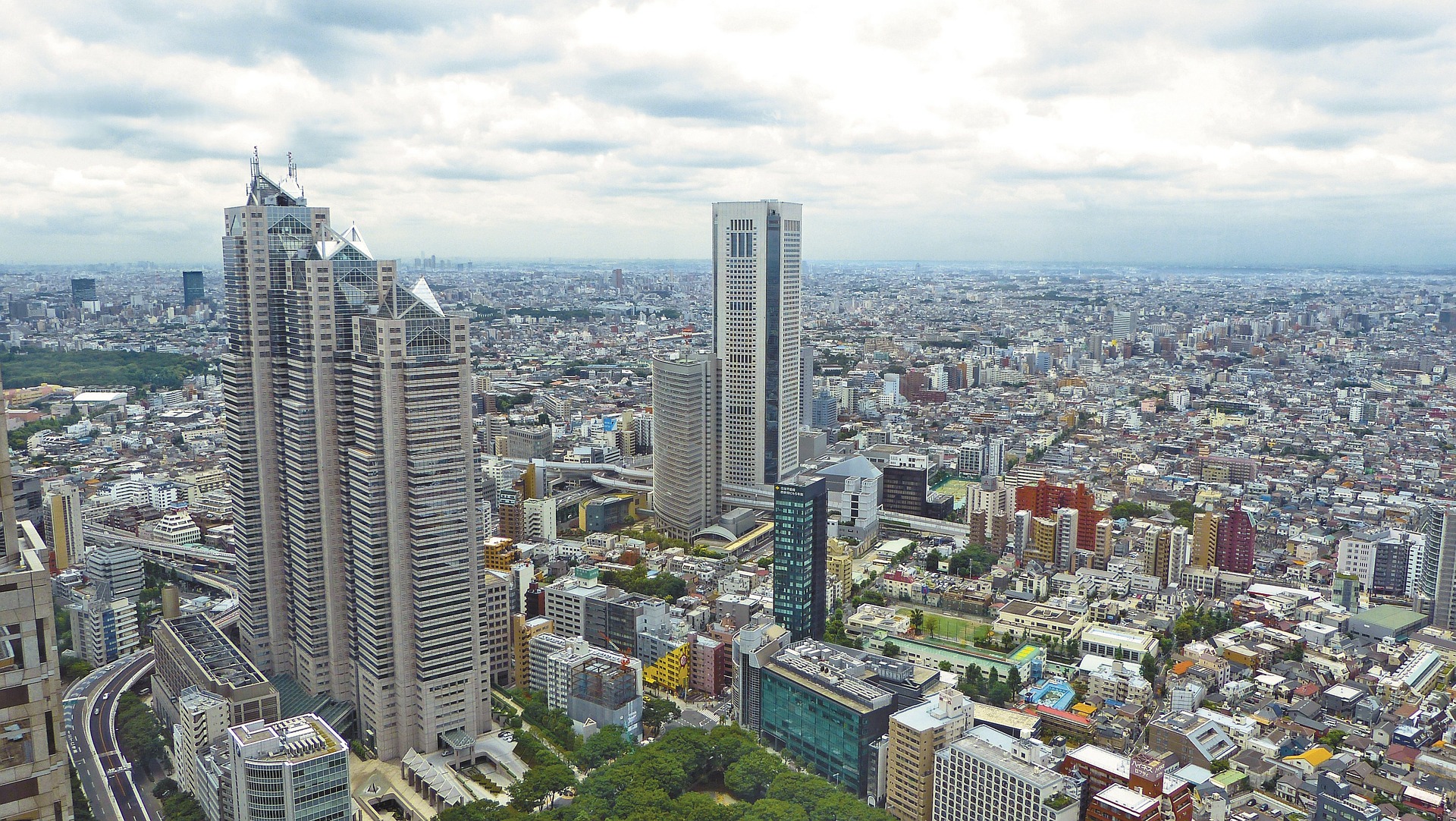
Japan has raised its national sales tax from 8% to 10% in an effort to pursue financial stability as it addresses its aging and declining population.
The national sales tax increase in Japan covers most products and services, including clothes, electronics, transportation and medical fees. The country's previous tax raises were an increase to 5% in 1997 and the increase to 8% in 2014.
According to Prime Minister Shinzo Abe, the increase was delayed twice because of concerns that it might affect the already slow growth of the world's third-largest economy. Abe said: "We are pursuing social security reforms to ensure everyone is covered, that all generations from children to senior citizens can feel secure. This is going to be a first big step."
The Japanese government are trying to dampen the effects of the increase by providing tax breaks for home and car purchases and launching a rewards program for credit card and other cashless purchases at small- to medium-size restaurants and other retailers through June 2020. Low-income families are being protected by keeping the tax for groceries unchanged while providing free preschool education and a one-time payout to low-income pensioners.
Finance Minister Taro Aso pointed out that there was very little panic buying prior to the tax hike, which indicates that the effect may not be as severe compared to past tax increases.
Abe pledges to return Japan's economy to balance by 2025 after decades of fiscal deficits and debt almost doubling the size of the economy.
An Oxford Economics report stated: "Particularly affected are producers of basic materials, reflecting recent commodity market movements, as well as producers of general-purpose and production machinery, who are exposed to risks posed by recent re-escalation of US-China trade frictions."
Toshihiro Nagahama, chief economist at Dai-ichi Life Research Institute, argued: "Considering the current economic conditions, the timing is bad."






